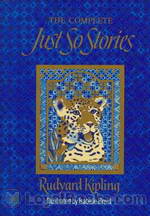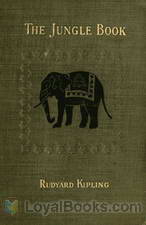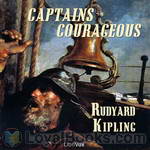|
Books Should Be Free Loyal Books Free Public Domain Audiobooks & eBook Downloads |
|
|
Books Should Be Free Loyal Books Free Public Domain Audiobooks & eBook Downloads |
|
Author Collection |
|---|
By: Rudyard Kipling (1865-1936) | |
|---|---|
 Just So Stories
Just So Stories
Written originally for his own children, Rudyard Kipling's Just So Stories have continued to delight generations of youngsters since they were first published in 1902. The thirteen stories collected in this book are meant for very young children, but they engage older kids and adults too with their charming conversational style and simple plot lines. These stories are typical examples of the “origin” story, where children are provided with imaginative rather than practical explanations for the “why” “what” “how” “where” “who” “when” questions of childhood... | |
 The Jungle Book
The Jungle Book
Originally written for his young daughter Josephine, who died tragically aged six, The Jungle Book by Rudyard Kipling is a collection of short stories which were published separately in magazines before being compiled into a book. The stories are in the form of fables, where animals communicate and speak to each other as humans do and the purpose of each story was to convey a moral or message to the reader. Modern readers would be more familiar with the Disney animated version in which Mowgli the little “man-cub” is raised by wolves... | |
 Captains Courageous
Captains Courageous
Real men don’t take guff from snotty kids. Neither does Disko Troop, skipper of the “We’re Here”, a fishing schooner out of Gloucester, Massachusetts, when his crew fishes Harvey Cheyne out of the Atlantic. There’s no place on the Grand Banks for bystanders, so Harvey is press-ganged into service as a replacement for a man lost overboard and drowned. Harvey is heir to a vast fortune, but his rescuers believe none of what he tells them of his background. Disko won’t take the boat to port until it is full of fish, so Harvey must settle in for a season at sea... | |